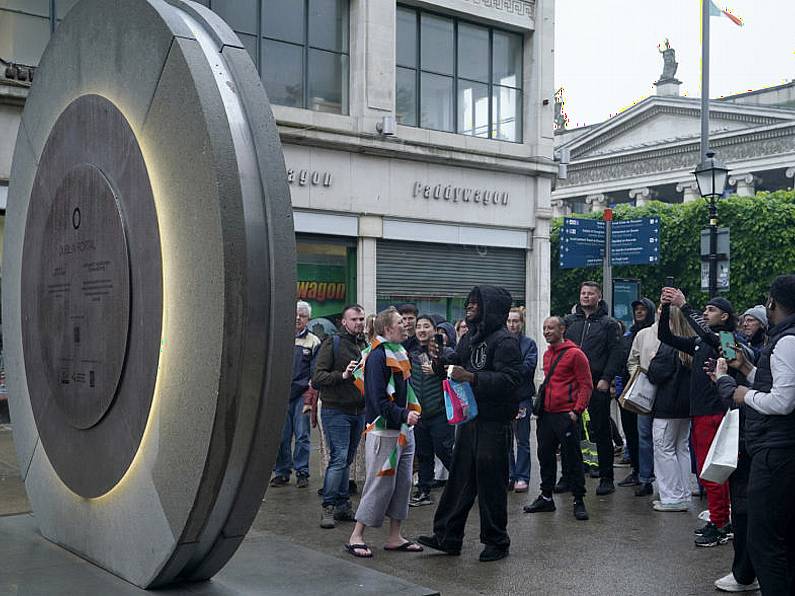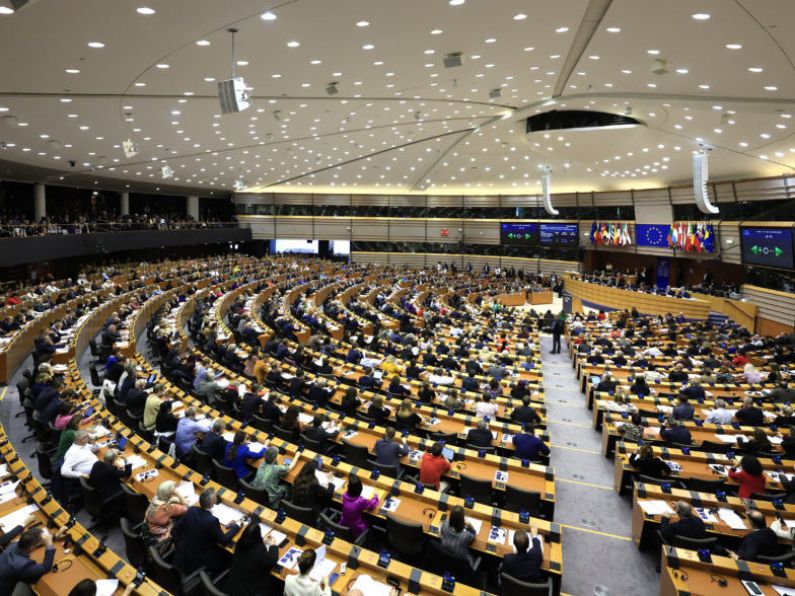The living wage in Ireland has risen to €13.85 per hour, according to a group of researchers, academics and social justice groups known as the Living Wage Technical Group (LWTG).
This is €2.55 higher than the national minimum wage of €11.30 and a 7.4 per cent increase from the 2021/22 living wage rate of €12.90 per hour.
The LWTG said the living wage reflects the price pressures faced by employees in the State and the latest increase was determined by changes in living costs and income taxes.
Last month, Tánaiste Leo Varadkar announced that the Low Pay Commission had set an indicative living wage for 2023 of €13.10 per hour.
It is planned that the living wage will be phased in between now and 2026 when it will become mandatory.
Over the past year living costs have increased for almost all the areas of expenditure included in the calculation, the LWTG said.
Energy costs (+35 per cent) and transport costs (+12 per cent) increased the most despite various Government interventions to dampen these impacts.
Large areas of weekly expenditure also grew in cost including clothing (+7 per cent), food (+2.4 per cent), and social inclusion (+7.5 per cent).
Rent increases are again the main factor pushing up the living wage rate and increased by an average of 4.3 per cent (almost €8) per week. If housing costs had stayed at 2021 levels, the 2022/23 living wage would be €13.50 per hour, the group said.
The LWTG estimates that approximately one-in-five full-time workers are earning less than the living wage.
Robert Thornton, research manager with the Vincentian MESL Research Centre and a member of the LWTG said: “The Republic of Ireland Living Wage was established in 2014 and is part of a growing international set of similar figures which reflect a belief across societies that individuals working full-time should be able to earn enough to enjoy a decent standard of living and meet minimum essential living costs.
"Having an income below this standard of living means doing without goods and services which are essential for taking part in the norms of everyday life in Ireland."






